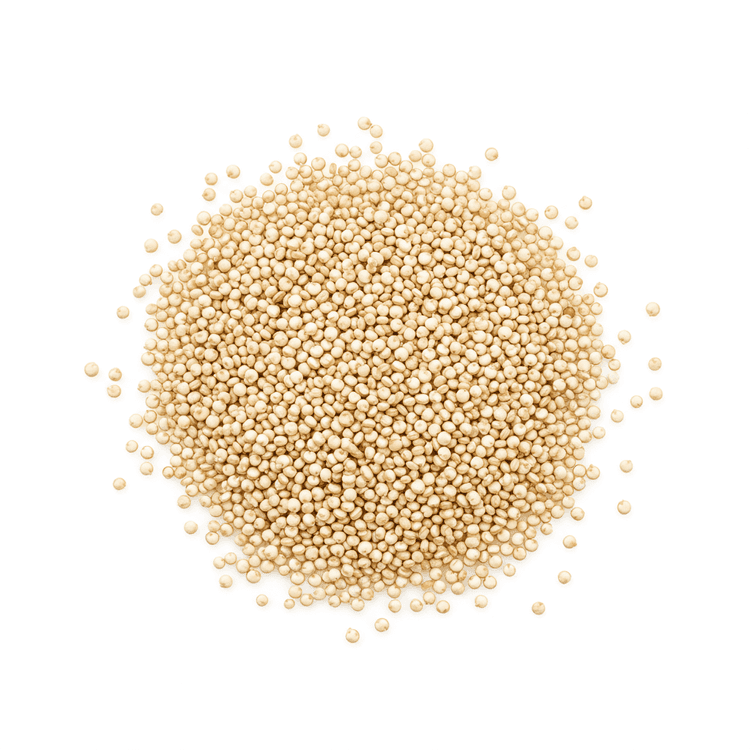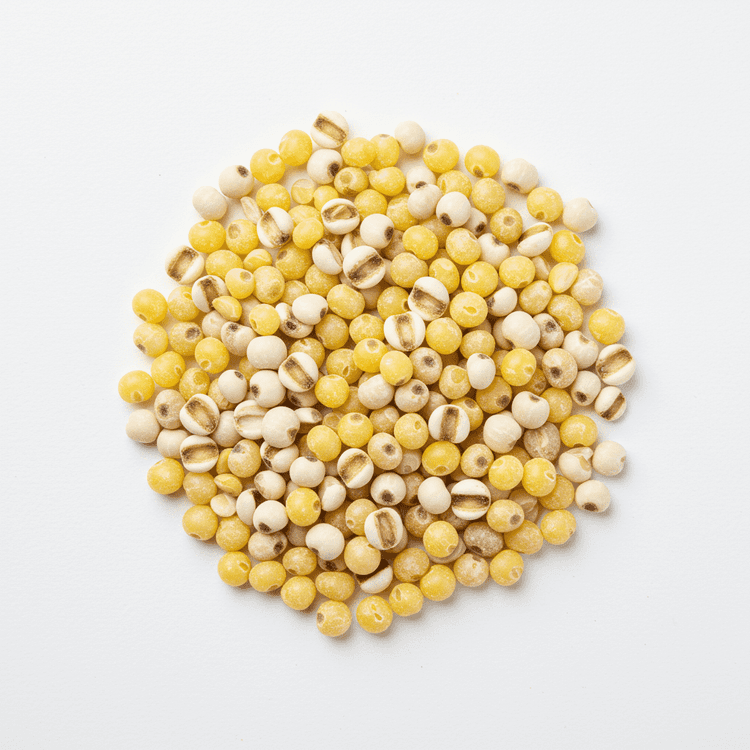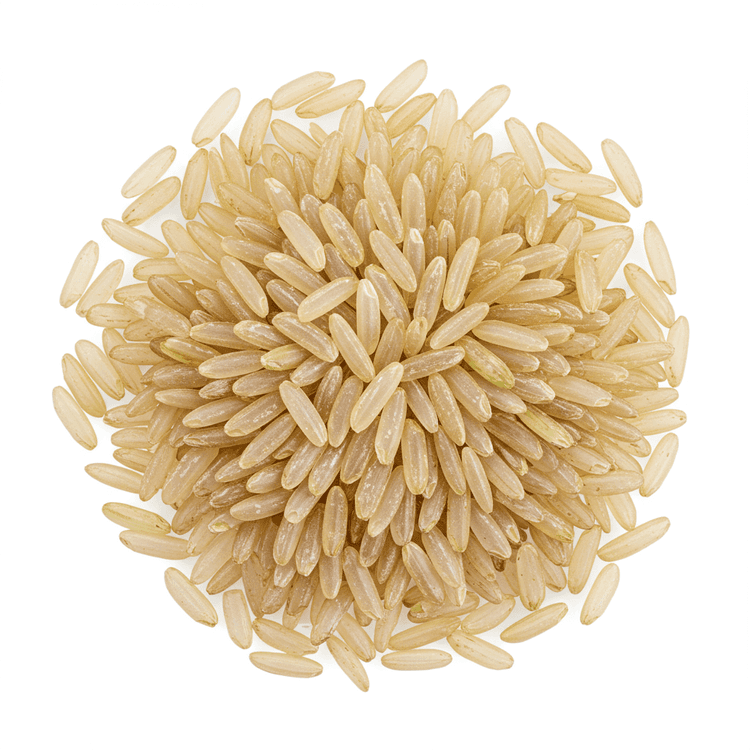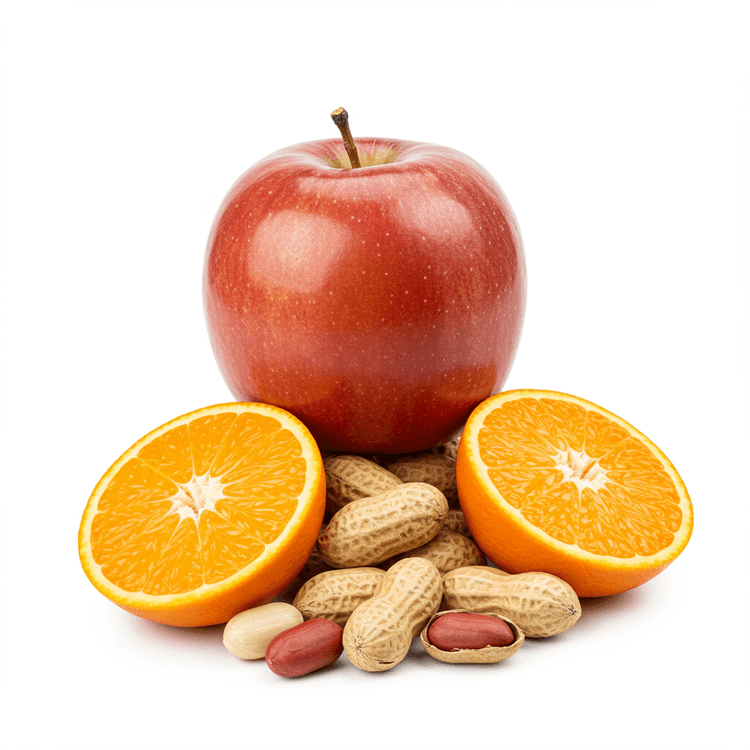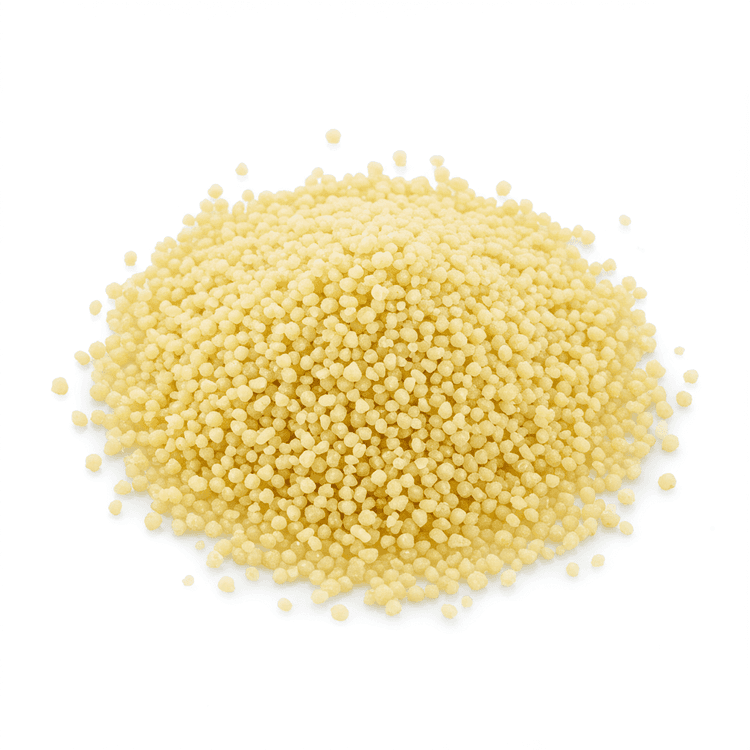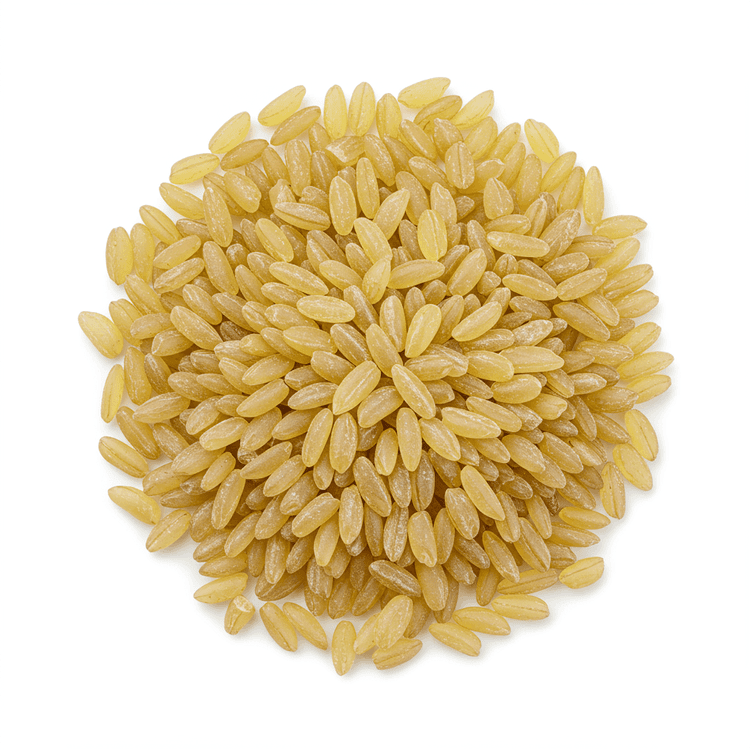
Bulgur
Bulgur is a whole grain derived from cracked wheat, typically durum wheat. It boasts a nutty flavor and a pleasantly chewy texture when cooked. Its color ranges from light tan to dark brown depending on the type. Bulgur is a versatile and nutritious grain, making it a popular choice for salads, side dishes, and main courses. Look for bulgur wheat in various grinds, from fine to coarse, depending on your culinary needs. It's a great source of fiber, making it a healthy addition to any diet. Explore the many ways to use bulgur wheat in your cooking to enjoy its unique taste and texture.
Common Uses
- Bulgur is often used as a base for tabbouleh, a refreshing Middle Eastern salad featuring finely chopped parsley, mint, tomatoes, and cucumbers, providing a satisfying and nutty grain component.
- It can be cooked like rice or couscous and served as a simple side dish, offering a wholesome alternative to white rice with a slightly chewier texture and nutty flavor.
- Bulgur is a great addition to soups and stews, adding a hearty texture and subtle nutty flavor that complements a wide range of vegetable and meat-based dishes.
- Bulgur can be used as a stuffing for vegetables like bell peppers or zucchini, providing a healthy and flavorful alternative to traditional rice-based stuffings.
- Ground bulgur can be incorporated into burger patties or meatloaf mixtures as a binder and to increase the fiber content, improving the texture and nutritional value.
- Use cooked and cooled bulgur as a base for a healthy breakfast bowl topped with nuts, fruits, and yogurt, providing sustained energy throughout the morning.
Nutrition (per serving)
Nutrition (per serving)
Calories
83.2kcal (4.16%)
Protein
3.1g (6.16%)
Carbs
18.6g (6.76%)
Sugars
0.1g (0.26%)
Healthy Fat
0.1g
Unhealthy Fat
0.0g
% Daily Value based on a 2000 calorie diet
Nutrition (per serving)
Calories
83.2kcal (4.16%)
Protein
3.1g (6.16%)
Carbs
18.6g (6.76%)
Sugars
0.1g (0.26%)
Healthy Fat
0.1g
Unhealthy Fat
0.0g
% Daily Value based on a 2000 calorie diet
Health Benefits
- Excellent source of fiber, promoting digestive health and regularity.
- Rich in manganese, supporting bone health and metabolism.
- Good source of iron, helping prevent iron deficiency and boosting energy levels.
- Contains magnesium, contributing to nerve and muscle function.
- Provides complex carbohydrates for sustained energy release and blood sugar control.
- May help reduce the risk of heart disease due to its fiber and nutrient content.
Chefadora AI is here.
Experience smarter, stress-free cooking.
Storage Tips
Store bulgur in an airtight container in a cool, dry, and dark place like a pantry. Properly stored, it can last for up to 6-12 months. Cooked bulgur should be refrigerated promptly in an airtight container and consumed within 3-5 days. Avoid storing it near strong-smelling foods, as it can absorb odors.
Marnirni-apinthi Building, Lot Fourteen,
North Terrace, Adelaide, South Australia, 5000
Australia

